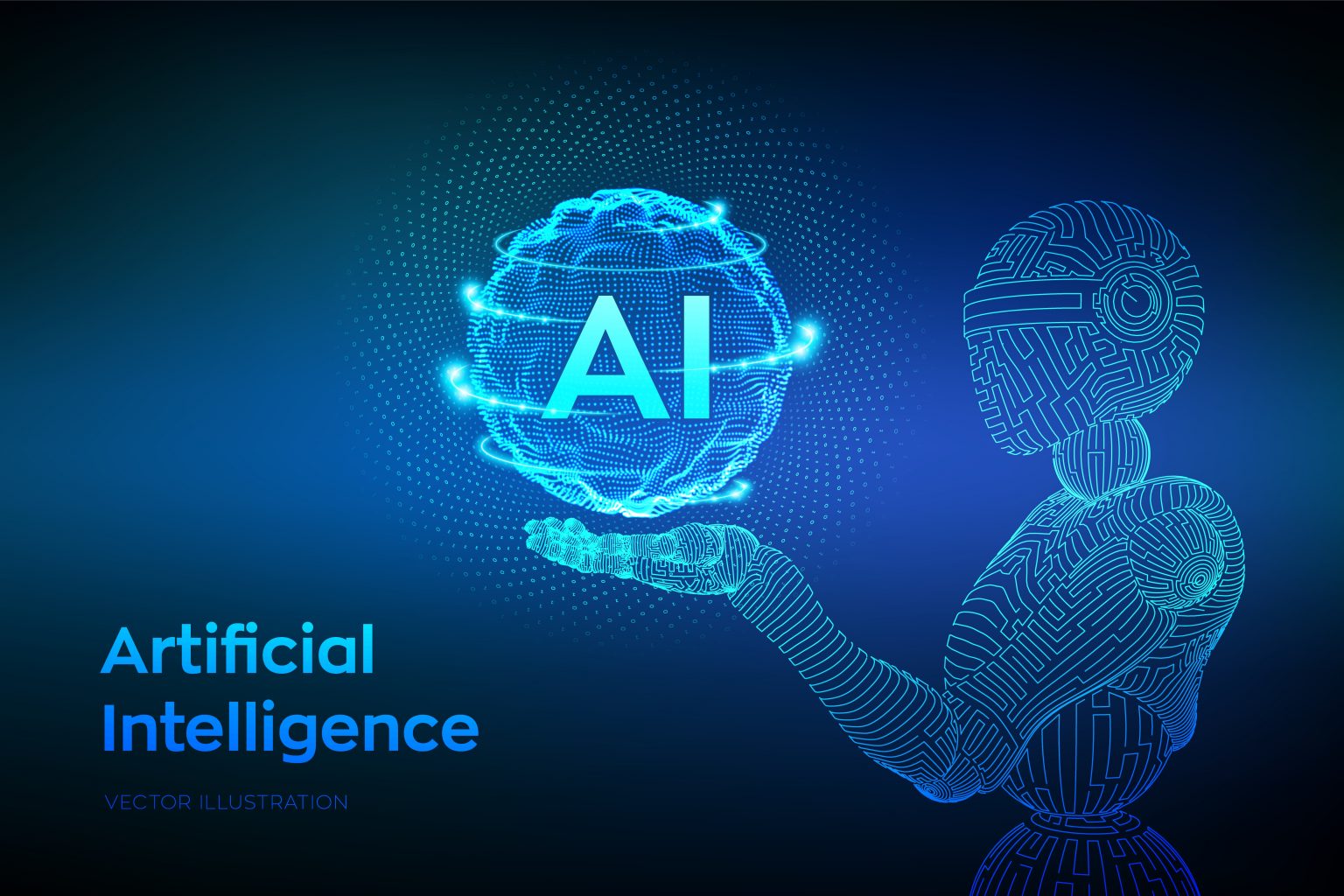- Artificial intelligence (AI) is the intelligence shown by machines, especially computer systems, in the broadest sense. AI technology is widely used in industry, government, and science.
- Contrary to the convenient life that artificial intelligence brings to us, it is also having extreme and negative effects.
Artificial intelligence (AI) is important because it plays a key role in many aspects of modern society and has great potential to drive future development.
Development of technology
Artificial intelligence is the artificial thinking ability to interpret the word itself. In other words, it refers to the technology that artificially injects capabilities into machines or computers so that they can think, act, and feel emotions like humans.
In real life, AI is widely and covertly embedded in every corner. For example, GPS guidance, autonomous vehicles, tools such as Open AI’s ChatGPT, digital assistants like Apple‘s Siri, and fashionable butler systems are all significant inventions using artificial intelligence technology. In addition to the few mentioned above, artificial intelligence technology has been attracting the world’s attention for several years and is in the process of constantly developing and advancing. The potential is also endless, so there are many possibilities for use with other technologies.
Artificial intelligence is one parts of computer science and Machine learning and deep learning are two parts of AI learning. In other words, data is extracted by referring to the form of consciousness, such as how the most common human beings think about something and how they see the world, and the data is learned from a machine or computer. We develop algorithms that can proceed with classification after learning for a certain amount of time. Algorithms require big data and are one of the core technologies that are currently widely used in global applications such as YouTube and TikTok.
The idea of “a machine that thinks and acts like a human” originates from ancient Greece. In the history of the development of artificial intelligence, the event of electronic computing becomes a turning point. From 1950 to 2024, artificial intelligence is constantly developing.
Also read: Sam Altman seeks Middle East collaboration to address AI power issue
Advantages and harm
Artificial intelligence is playing an important role in the history of human development. Artificial intelligence is bringing numerous conveniences to our lives and is expected to contribute greatly to the liberation of the workforce.
Artificial intelligence can automate many repetitive and time-consuming tasks to improve productivity. AI technologies are capable of processing and analysing large-scale datasets, helping businesses and organisations discover patterns, trends, and insights to make smarter decisions.
Also it pushes the boundaries of scientific research and technological innovation.AI can provide personalised services and products to improve the user experience and personalise the educational experience, adjusting the teaching content and difficulty according to the student’s learning speed and style.
AI plays an important role in improving social well-being. Artificial intelligence is one of the key factors driving economic growth. It can create new jobs, promote the development of new industries, and bring innovation to existing industries.
Also read: Chipmaker Marvell touts new AI business but market doesn’t care
However, artificial intelligence also poses potential risks. With the commercialisation of artificial intelligence now, the fact that artificial intelligence after deep learning is not as ethical and emotional as humans is approaching as a big risk.
The creation of algorithms requires mechanical learning, and mechanical learning is based on data. This process of data collection for the learning of artificial intelligence has raised concerns about personal information leakage or surveillance and copyright.
As I mentioned earlier, big platforms like YouTube and TikTok also use algorithms to recommend videos or content in the same category based on viewer data. However, I found that this behavior was driving viewers to extreme conditions that made them more convinced of their wrong views and thoughts. Even these results negatively affected trust in the government or the country.

